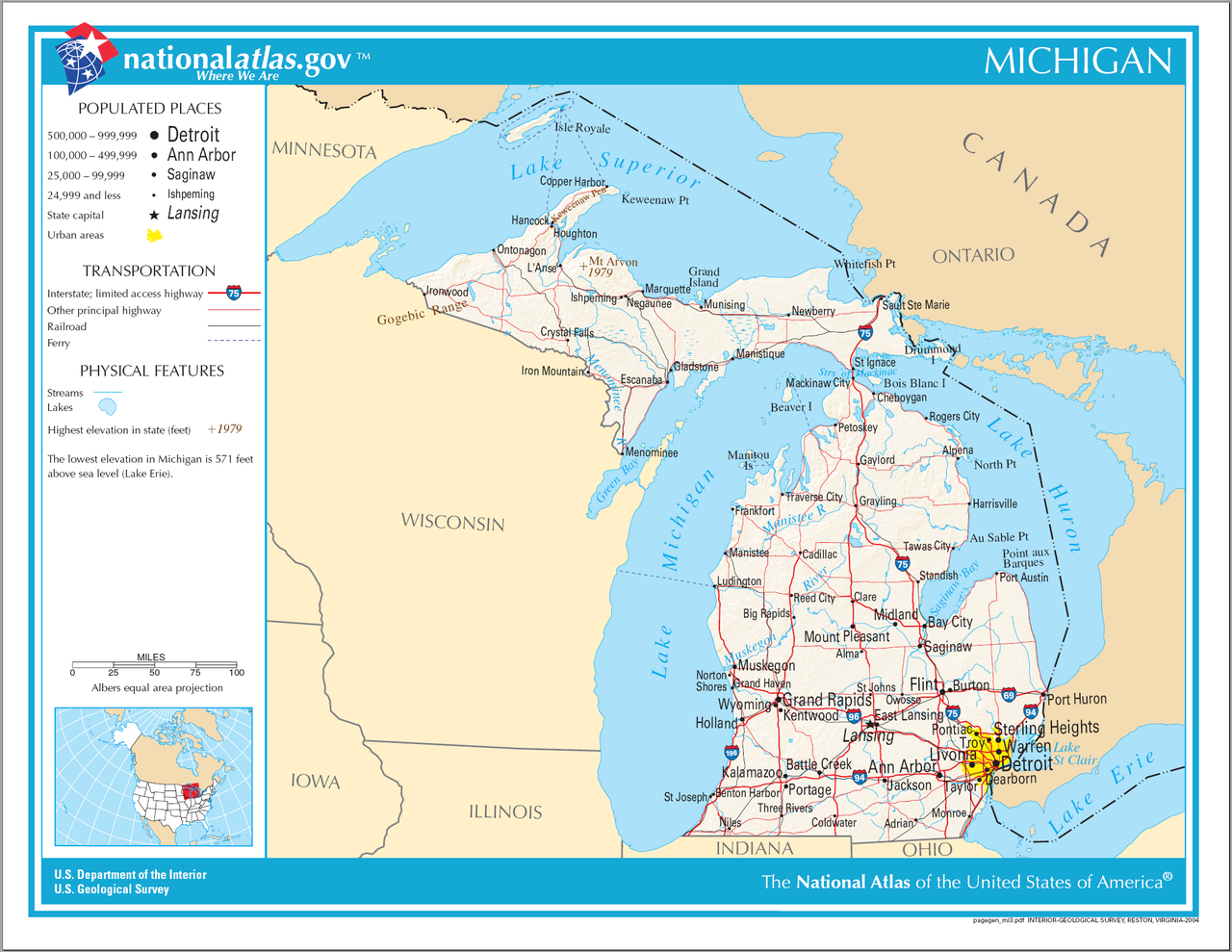
Creating successful environmental justice advocacy: The case of Michigan State
|
05 June 2021 07:28

WASHINGTON, D.C. (HORN OBSERVER) - Environmental justice is all about achieving fair treatment and meaningful participation of all people regardless of race, color, source, or ethnicity. national origin or income, related to the development, implementation and enforcement of environmental laws, regulations and policies.
Creating a successful and measurable environmental equity takes a lot of work and advocacy as is the case with the Michigan Department of Environment, Great Lakes and Energy.
Regina Strong serves as an environmental justice public advocate in the Michigan Department of Environment, Great Lakes and Energy, created by an executive order by the 49th Governor of the State of Michigan, Gretchen Esther Whitmer. It came in the wake of the Flint crisis and to really prioritize environmental justice in the state. The same executive order transformed the Michigan Department of Environmental Quality into the Michigan Department of Environment, Great Lakes and Energy.
"And it seems like not a big deal, but for our state it really is, because unfortunately we became fairly infamous for the Flint water crisis. And this was really an opportunity for us to talk about environmental justice in a meaningful way,” said Regina Strong.
Mrs. Strong was speaking to the journalists at a recent press briefing at the Foreign Press Center in Washington, DC.
In Michigan there have been several attempts to address environmental justice over the years. Several recent administrations have had task forces and different working groups and groups convened to try to make recommendations. One of these is the creation of the Office of Environmental Justice Advocacy, which is tasked with reviewing past recommendations as well as looking at what advocates, frontline communities and others are recommending across the board.
When her role was created in early 2019, Ms. Strong knew that her main mission was about the environment but also about impact. So it's mainly to make sure that they're not just looking at the impact on the Earth, but the impact on people. In addition, according to Ms. Strong, there are principles of environmental justice known as the Jemez Principles, and one of the key principles of that is to let communities speak for themselves, raising them to the level they can.
"It’s so inextricably linked, and we know the poorest among us and those who are at a real disadvantage are also the ones who suffer the most the extreme events that climate change has brought about,” she added.
Currently, the Michigan Department of the Environment, Great Lakes, and Energy is one of the most successful agencies not only addressing environmental justice, but also addressing it properly and being able to advocate in and abroad for environmental justice work.
"I feel we have to be very intentional about that, and I’m under no illusion that it’s an easy thing to do, but it’s also a necessary thing to do if we really want to ensure that those most impacted benefit most as we move forward and plan and work to address climate,” Mrs. Strong notes.
The case of Michigan could be a good model for other places - possibly in African countries whose communities are often affected by injustices including environmental injustices. And to address issues of equity and equality, it is imperative to address those systems directly, the systemic inequalities that have put some communities at a disadvantage. .
"That can’t happen unless government’s part of it, because advocacy is only part of that continuum of change,” Mrs. Strong suggested "But then you have to figure out who can give you the change you seek and what are you really asking for.”
-
Abdalle Ahmed Mumin is an award-winning freelance journalist. He covers conflict, humanitarian, human rights as well as the impact of climate change. Currently, Abdalle is serving as the secretary general of the Somali Journalists Syndicate (SJS). Follow him @Cabdalleaxmed
Leave a comment
- Popular
- Rated
- Commented
04/11/2021 - 11:05:02
28/05/2024 - 15:44:10
02/12/2021 - 11:34:53
01/03/2021 - 09:00:37
Opinions
18/05/2025 - 16:26:37
15/05/2025 - 20:16:04
Politics
05/06/2025 - 13:42:50
Terror Watch
07/06/2025 - 21:36:45
Press Releases
05/06/2025 - 12:21:21
02/06/2025 - 21:29:33
 0
0 




































Creating successful environmental justice advocacy: The case of Michigan State
WASHINGTON, D.C. (HORN OBSERVER) - Environmental justice is all about achieving fair treatment and meaningful participation of all people regardless of race, color, source, or ethnicity. national origin or income, related to the development, implemen